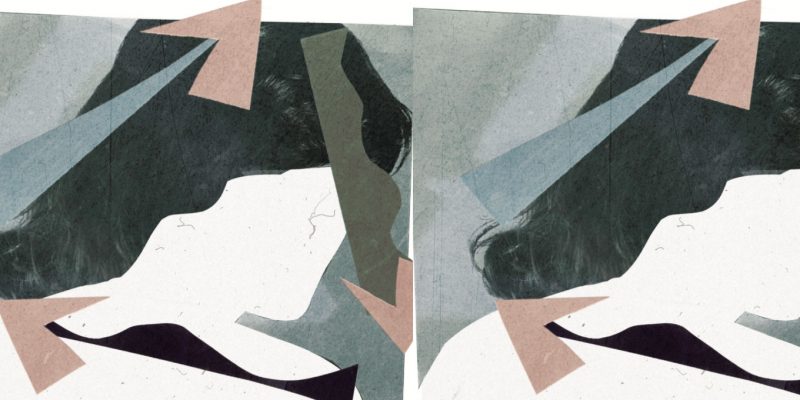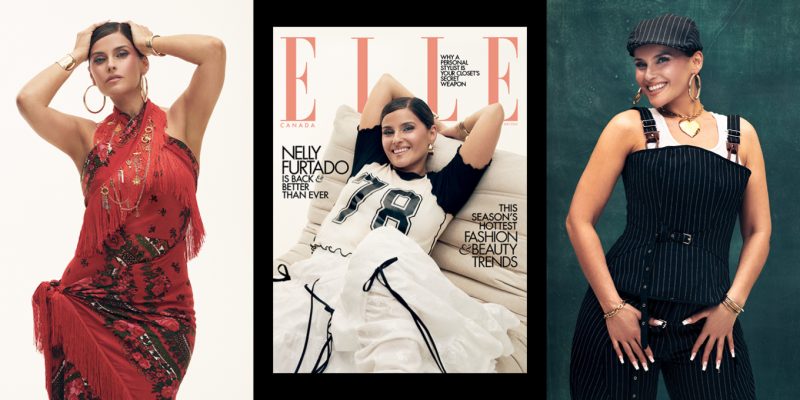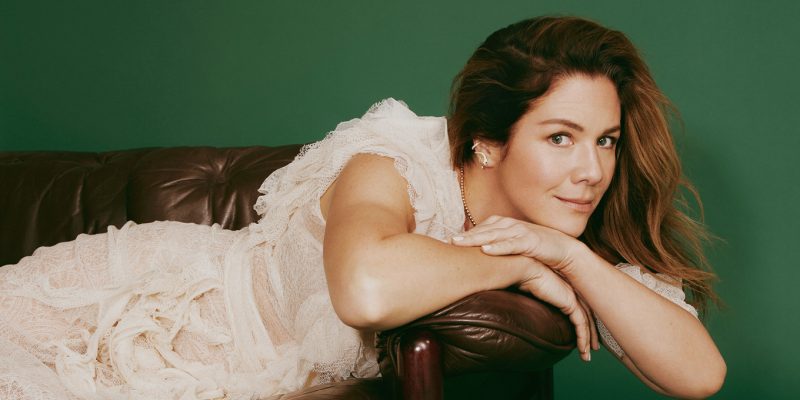Society
Living the Soft Life
How to embrace luxury, vulnerability and the lifestyle of a dainty princess.
by : Emily Tamfo- Nov 11th, 2022
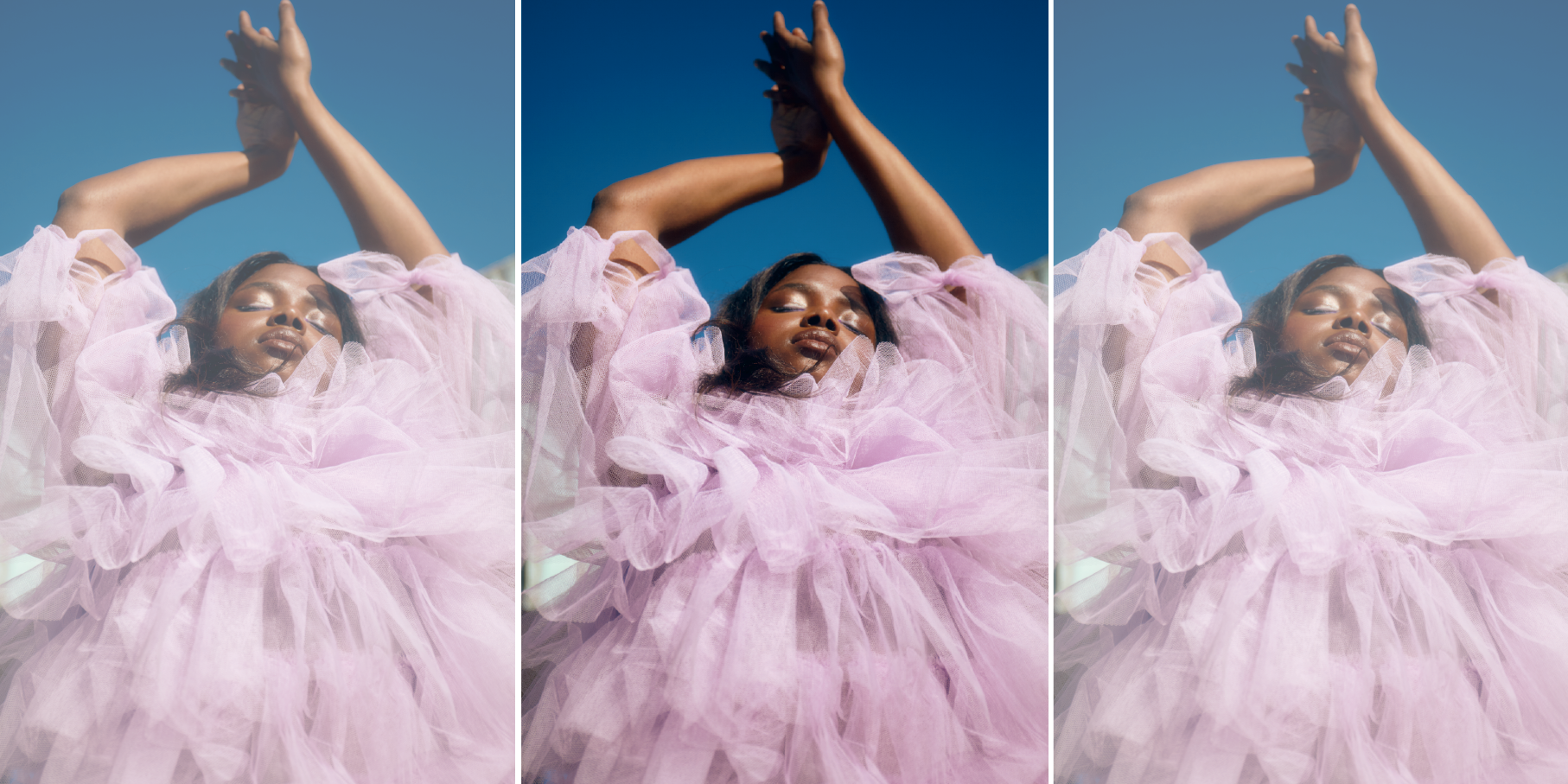
PHOTOGRAPHY, STOCKSY/ESTHER GALVÁN
A few months ago, I was scrolling through TikTok when I came across three words that have since changed the course of my 30s: the soft life. The clip was short, as the best TikToks are, but it spoke to me profoundly. In it, a woman about my age was drinking champagne as she walked to a balcony overlooking an exotic rainforest in Bali. She was wearing the kind of delicate swimsuit that was never intended to touch water and a sun hat so large that the woven brim grazed her upper back. Her cinnamon-melanated skin glistened as the sun glanced off the tip of her right shoulder. When she looked back at the camera, she raised her glass and smiled without saying a word, toasting to the moment’s beauty. She looked blessed and unbothered in the most fabulous way possible, and the text across the screen read “POV: you live a soft life.” My heart was aflutter.
I can’t say I’m typically swayed by the lives I see through my phone, but this 17-second clip had me in my feelings. I felt seen and heard—I had only just learned about this lifestyle but was suddenly longing for it as if I had somehow been missing out on the one thing that would make me feel whole. I decided then and there that I, too, was meant for the soft life, whatever that was. Thus, my conversion began.
As the name would suggest, the soft life is a luxurious rebellion against the struggles we’ve grown to accept as our day-to-day existence—the hard life, if you will. It’s the evolution of “treat yourself,” an active, intentional pursuit of living without unnecessary inconveniences, sacrifices or hardships. The degree of softness involved is subjective. For some, it might mean booking a seat in business class because they enjoy the extra legroom on a flight; for others, it might just mean buying the brand-name ketchup even though it’s inexplicably more expensive than the generic one. One of my favourite OG YouTubers, Jackie Aina—of whom I’ve been a loyal subscriber since 2011 created an Instagram account, @lavishlyjackie, where she shows us how she uses candles, fragrances and all things self-care to lead the softest, most pleasurable life possible. What I learned (and perhaps misunderstood at first glance) is that it’s not about luxury or wealth per se—although unlimited funds do indeed make this lifestyle that much more plush. Rather, it’s about rejecting the idea that a difficult life is the only path toward an enjoyable one.
It goes without saying that to have the option of avoiding hardship requires a level of privilege that many of us can’t access. As a child of Cameroonian immigrants, I’ve been inculcated with the idea that I need to sacrifice short-term happiness for the grind of hard work in the hope that I will live long enough to reap the long-term benefits. From the outside looking in, those who embrace the soft life appear to be the embodiment of the “lazy” generation our elders complain about. A quick search of “#softlife” will summon countless posts of (mostly) women, say, detailing their morning meditation routines like @samm_yv or jet-setting to Paris in haute couture like @the_real_chi. One of my personal favourites is @simplysayo’s Shakespeare-inspired spoken-word monologue that proclaims “I won’t be working hard; I’ll be hardly working. If it doesn’t serve me, it don’t deserve me.” But while it would be easy to dismiss this movement as a glamorous rebrand of generational apathy, it’s worth considering why this concept and its uptake have become so popular in the first place.
Maybe we’ve developed a taste for the soft life because so many of us are exhausted. The past few decades have normalized hustle culture to the point where having a nine-to-five job is no longer the acceptable norm. By force or by choice, many of us have forged secondary “five-to-nine” careers, starting businesses in our tiny apartments to keep up appearances or just to make ends meet. And if we don’t, we’re bombarded with images of and success stories about those who did, making us persistently question whether we’re doing enough with our time. We live to work instead of the opposite, as actual living has been moved to the back burner. It’s not that we don’t want to get off our asses and work, as Kim Kardashian put it; it’s that we want to live our lives—and do so comfortably—a desire for which we’re inevitably shamed.
It’s unclear how the movement began exactly, but it’s clear from the millions of posts and videos that women of colour—Black women in particular—have taken a special interest in popularizing it. One of my favourite soft-life snippets was created by @look_its_britt, who said, “I don’t know who needs to hear this, but that whole ‘strong Black woman narrative’—it doesn’t apply to me…. I live a soft life; I am a dainty princess.” Her audio was an “aha” moment for me. More than a social-media trend, this is a movement in favour of lifting our load. The strong Black woman trope might seem celebratory, but at its core, it’s rife with the implication that we’re strong because of all we’ve endured. What’s worse is that because we’ve grown so familiar with this identity, we might not see how limiting it can be. The trope recognizes that we will weather the storm, no matter how difficult, because that’s just what we do. But it conveniently makes us forget to question why we must endure it in the first place.
Now, as a consequence, we second-guess ourselves for relishing the joy that comes with achieving the goals we’ve dedicated our lives to. In a recent post, TikToker @savannacristina shared how distant she felt from the concept of life being soft: “It’s become this aesthetic that I just can’t relate to, and I wish that I could…but I literally can’t. I feel like life has always been hard, and as a result I’ve built a hard exterior. So now, thinking about finding an environment where I can be vulnerable and be softer feels unattainable. Cuz I ain’t never been no soft-ass bitch. And no shade because ‘Where do I sign up?’ It just feels like it’s never been an option. This is just how I’ve come to be.” With that, she verbalized an experience that’s all too familiar for many of us. It’s almost as if our cultural subconscious is telling us that we don’t deserve the peace we long for, that too much has happened and our traumas are too deep, and because we’ve had to become hard to survive thus far, it’s too late for us to be soft.
While some might argue that it’s flattering to be known for our tenacity, I have to wonder what happens when we need a break. Where do you fit in if you’re not always so strong? What if, like me, you’ve lost count of the number of times you’ve had to sneak away from your desk to cry in the break room because an email from a colleague pushed you over the edge? Or because you’re so overwhelmed with being everything for everyone else that you can’t even find the words to ask for help for yourself? What if we rejected this narrative and put our mental and physical health first—not just for a day or a weekend but for our whole lives? What if, like @look_its_britt, I, too, want to be a dainty princess?
When I was in my 20s, there was no soft life. Obviously, I had not been introduced to the concept, but I literally had no cushion on which to land softly. I’d bought into the narrative that these were the years during which I was meant to leverage my childless freedom to toil in the trenches, only coming up for air when I’d laid a socially acceptable financial foundation. I never took care of my mental health (hence the crying), and despite my lack of funds, I masked my untreated depression with too-frequent trips to Zara and overpriced almond croissants.
No one consciously chooses hardship, but looking back at my choices, I realize a lot of my decision making was based on the idea that I didn’t deserve the easier path. Just last summer, I bought a two-metre-tall faux plant in a 10-kilogram concrete pot at HomeSense, and because I had already spent money on “frivolous” home decor, I dragged it three-and-a-half kilometres home in 32˚C heat because spending $10 on an Uber was just “too luxurious” for me. Now, as I settle into my soft-life era (a.k.a. my early 30s), I’m no longer consenting to things that make my life unnecessarily difficult. I am rebuking every inner or outer thought that plays up my insecurities and plays down my self worth. The soft life isn’t about living beyond one’s means. It’s about revelling in the means you have and rejecting unnecessary inconvenience because it’s just that—unnecessary.
Newsletter
Join our mailing list for the latest and biggest in fashion trends, beauty, culture and celebrity.
Read Next
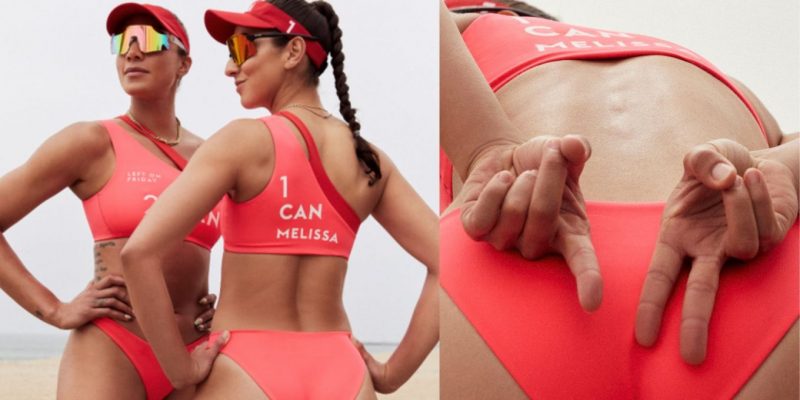
Fashion
This Canadian Swimwear Brand Designed Canada’s 2024 Women’s Olympic Beach Volleyball Team Uniforms
And they're *so* good.
by : Allie Turner- Apr 24th, 2024
Fashion
The Most Iconic Looks In Met Gala History, From 1973 To Now
40 years of the night that's all about trailblazing fashion.
by : ELLE Australia- Apr 24th, 2024
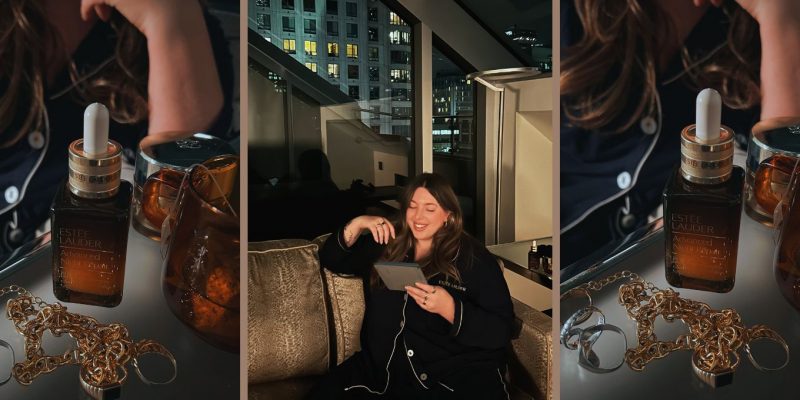
Beauty
Tested and Approved: A Skin Saviour That Works While You Sleep
Wake up with your glowiest skin yet—even if you didn’t clock eight hours.
by : ELLE Canada- Apr 11th, 2024

